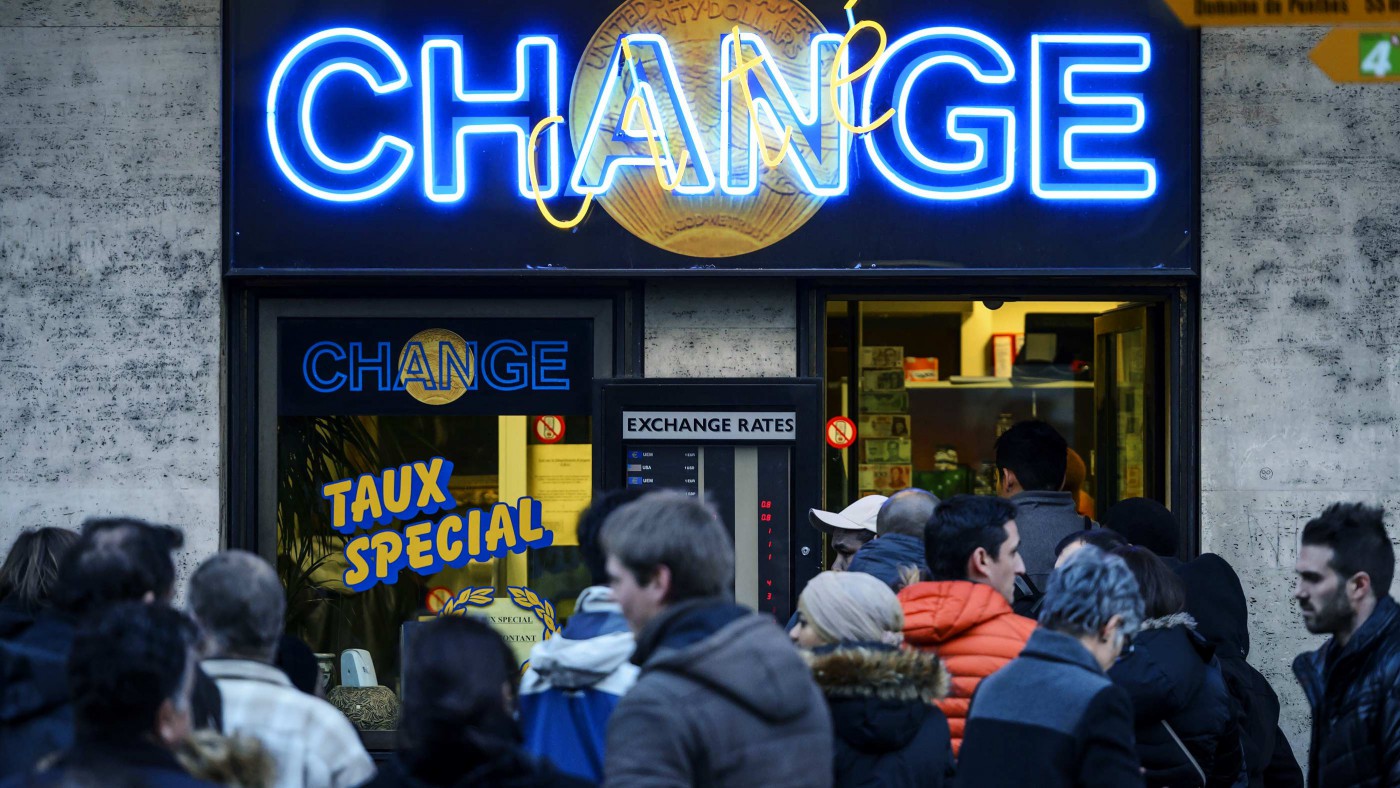What?
In 2011, the Swiss Central Bank placed a cap of 1.20 Swiss francs per euro in order to prevent the appreciation of the currency and protect Swiss exports. Today, the bank abandoned its peg to the euro in a shock move, despite SNB president Thomas Jordan promising ” to defend [the peg] with utmost determination” only last month. The Swiss franc rose by almost 39% against the euro at one stage, whilst Swiss stock markets fell by over 10%, throwing global markets into turmoil.
The SNB (Swiss National Bank) also cut interest rates to -0.75% “to ensure that the discontinuation of the minimum exchange rate does not lead to an inappropriate tightening of monetary conditions” – to deter investors from holding francs, in an attempt to soften the hit.
The SNB said that its minimum exchange rate mechanism had been “introduced during a period of exceptional overvaluation of the Swiss franc and an extremely high level of uncertainty on the financial markets” – in other words, to make Swiss exports affordable next to a weakening euro. In order to accomplish this, the SNB has had to spend vast amounts buying euros to maintain the currency over the last few years.
Why?
The move is thought to be in response to an expected sovereign bond buying program from the ECB in the next few days. This is in turn expected to increase the demand for safe haven currencies. Combined with a weaker euro as a result of quantitative easing, the SNB probably decided that this would make the self-imposed ceiling untenable.
As the chief economist at currency trader FxPro, Simon Smith, said, the SNB was fighting a “losing battle” to keep the currency capped, and would do better to take the initiative before the ECB meeting on January 22nd.
What are the consequences?
As a result, the Swiss franc has risen almost 30% against the dollar and the euro, meaning that exports are now around 30% more expensive for consumers – although the exchange rate will take a while to settle to a new level. Exporters whose products are newly expensive were hit, with Swatch shares falling by 16%. Shares in Swiss banks, such as UBS and Credit Suisse, also tumbled heavily.
An obvious cost of an expensive franc will be to tourism – holidays to Switzerland will now become significantly more expensive, and tourists may well decide to take their custom elsewhere in Europe.
Analysts are also warning of short term volatility and significant long term deflationary pressures due to the hit to the export industry, as well as the possibility of a large portion of economic production leaving the country.


